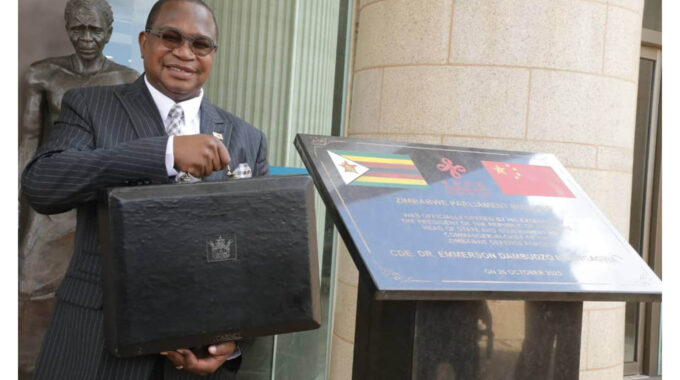Access ready to meet demand for rand
MONEY transfer services firm, Access Forex, says it has positioned itself to expand business in response to overwhelming demand for rand cash disbursements mainly in Matabeleland provinces and parts of the southern region.
The rand is a dominant mode of exchange in the southern region where thousands of Zimbabweans based in South Africa reportedly come from and these send remittances every month to support their families back home.
Access spokesperson, Shingai Koti, said demand for the rand service has prompted the business to consider offering the service in the region to meet customer convenience needs.
“The rand is the preferred currency in the southern region. When we talk about convenience at Access Forex, it has to be tangible. We can’t boast about bringing people ‘closer to home’ and then leave them struggling with a currency they can’t use,” she said.
“So, apart from an extensive pay-out network, paying out in the desired currency is a major priority for us.”
Before introducing the rand service, Koti said their business conducted an assessment, which revealed that the southern region market was grappling with the burden of switching from US-dollars to rand upon collection of their monies due to the demand for the rand, especially in the Matabeleland region.
“While we have a competitive bureau de change outlets where you can readily change money, receivers were left with the burden and cost of having to do this. If you think about ugogo (grandmother) who has come in to collect R500, this really puts it into perspective,” said Koti.
“We want the receiver to be able to access every single cent of the money sent to by her relative in the diaspora. The rand-to-rand payment platform makes this possible.”
In line with the country’s drive towards financial inclusion, she said her company has in recent months expanded its footprint and diversified operations to try and reach customers in all parts of the country including rural areas within Zimbabwe.
The Covid-19 lockdown measures have also contributed to the demand for formal money transfer services due to restricted cross-border movement by informal transporters popularly known as omalayitsha. Recently, unregistered money transfer service providers have also grown, taking advantage of the demand for the service.-herald.clz.w











